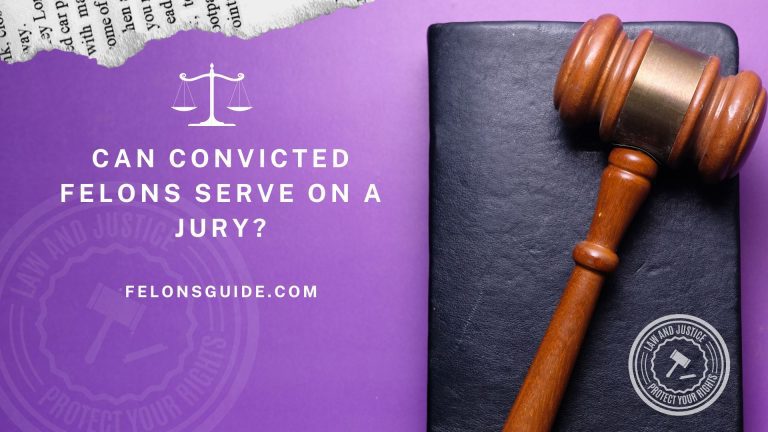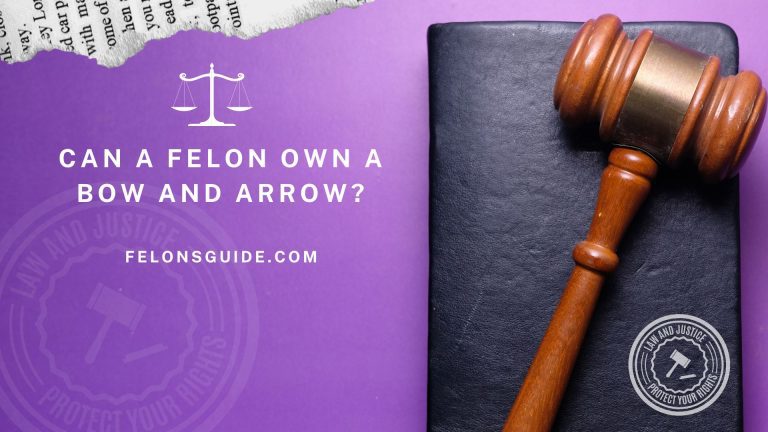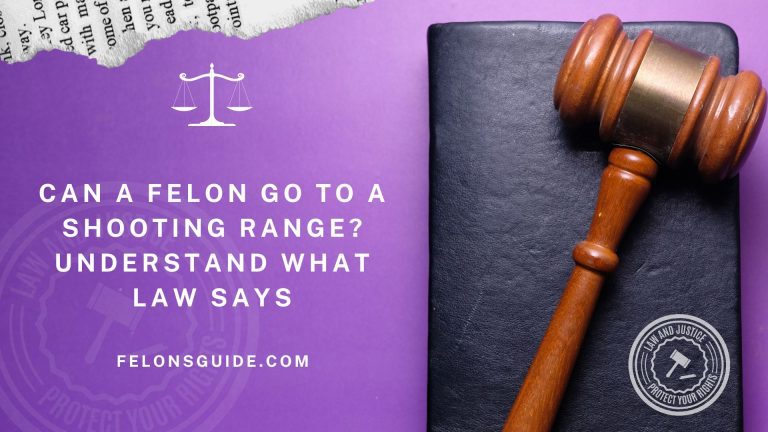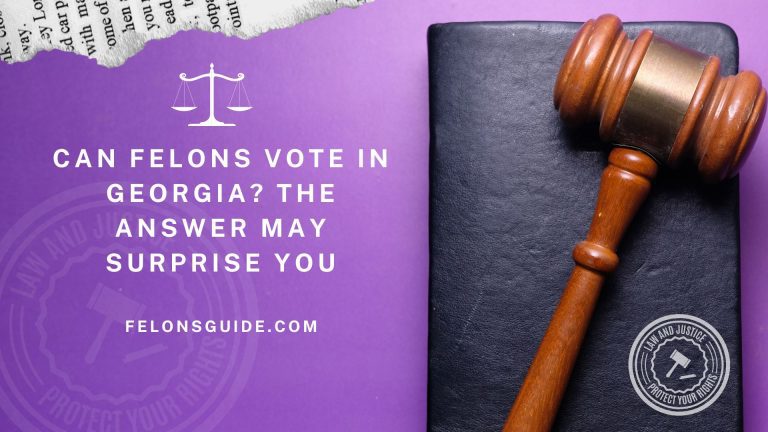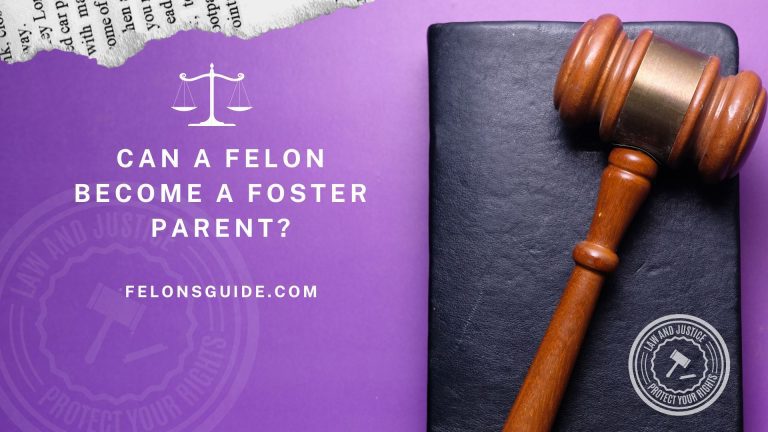Can a Felon Get a Contractors License?
Being a convicted felon does not mean an individual has to live the rest of their life without a successful career. With the proper education, experience, and certifications, felons can still obtain a contractor’s license and build a successful business in the construction industry. In this article, we will explore the requirements, restrictions, and challenges felons may face when trying to obtain a contractor’s license.
What is a contractor’s license?
A license granted to an individual or entity allowing them to undertake construction-related tasks within a specific state or jurisdiction is known as a contractor’s license. Licensing requirements and regulations vary across states, but the fundamental purpose of a contractor’s license is to ensure that the contractor possesses the necessary educational qualifications, practical experience, insurance coverage, and financial resources to perform satisfactory work and protect the public from potential harm or fraudulent activities.
Licensing requirements for convicted felons
The licensing requirements for convicted felons depend on the type of offense, the severity of the crime, the time elapsed since the conviction, and other factors. Some states have blanket bans on felons obtaining a contractor’s license, while others have more lenient policies that consider the individual’s rehabilitation, character, and qualifications.
Also Read: Can a Felon Get a Fishing License? The Truth About Fishing Licenses

Background check and criminal history
One of the primary factors in obtaining a contractor’s license as a felon is passing a background check and disclosing one’s criminal history. Most states require applicants to provide fingerprints and undergo a criminal history check by the FBI and/or the state police. The background check may reveal any prior convictions, arrests, warrants, and court records, including misdemeanors and felonies.
Rehabilitation and character references
While a criminal record may be a red flag for some licensing boards, it does not necessarily disqualify an applicant from obtaining a contractor’s license. Many states have provisions for felons who have demonstrated rehabilitation, good character, and community service. Applicants may be required to provide letters of recommendation from employers, teachers, or community leaders who can attest to their skills, ethics, and character.
Education and experience requirements
Another key factor in obtaining a contractor’s license as a felon is meeting the education and experience requirements set by the licensing board. Most states require applicants to have a certain level of education, such as a high school diploma or a GED, and to have completed a certain number of hours or years of training in their field of expertise.
In addition to education, applicants for a contractor’s license are often required to have a minimum amount of experience working in their field. The amount of experience required may vary depending on the type of license being sought and the state in which the applicant resides. Felons who have experience working in construction before their conviction may be able to use this experience towards their application.
Also Read: Can a Felon Visit Someone in Prison? A Guide to the Rules and Restrictions
Disclosing felony convictions on license applications
It is important for felons to be upfront and honest about their criminal history when applying for a contractor’s license. Most states require applicants to disclose all prior felony convictions on their application, even if the conviction was expunged or sealed. Failure to disclose a prior conviction can result in the denial or revocation of a contractor’s license.
Denial, suspension, and revocation of contractor’s licenses
Although a felony conviction does not automatically disqualify an individual from obtaining a contractor’s license, there are still risks involved. Licensing boards have the authority to deny, suspend, or revoke a license if they determine that the applicant or licensee poses a risk to public safety or welfare. This may include prior criminal convictions, civil judgments, or disciplinary actions taken against the applicant.
Alternatives to obtaining a contractor’s license
For felons who are unable to obtain a contractor’s license, there are still other options available in the construction industry. Some felons may be able to work as subcontractors under a licensed contractor or as employees of a construction company. Others may be able to start their own business in a related field, such as landscaping, painting, or handyman services.
Challenges and opportunities for felons in the construction industry
Despite the challenges and limitations that felons may face in obtaining a contractor’s license, there are still many opportunities available in the construction industry. The demand for skilled labor and tradespeople is high, and many employers and customers are willing to give felons a second chance if they demonstrate good character and work ethic. Additionally, starting a business in the construction industry can be a rewarding and profitable venture for felons who are determined and committed to success.
Conclusion
While obtaining a contractor’s license as a convicted felon may be challenging, it is not impossible. Felons who express interest in pursuing a profession in the realm of construction must conduct thorough research regarding the regulatory mandates and licensing requisites in their respective state. Furthermore, it is highly recommended that they actively seek educational and training opportunities, whilst maintaining complete transparency regarding their criminal record. With an ardent work ethic, steadfast dedication, and unyielding perseverance, felons can surmount the myriad of obstacles obstructing their path toward attaining success within the construction industry.
